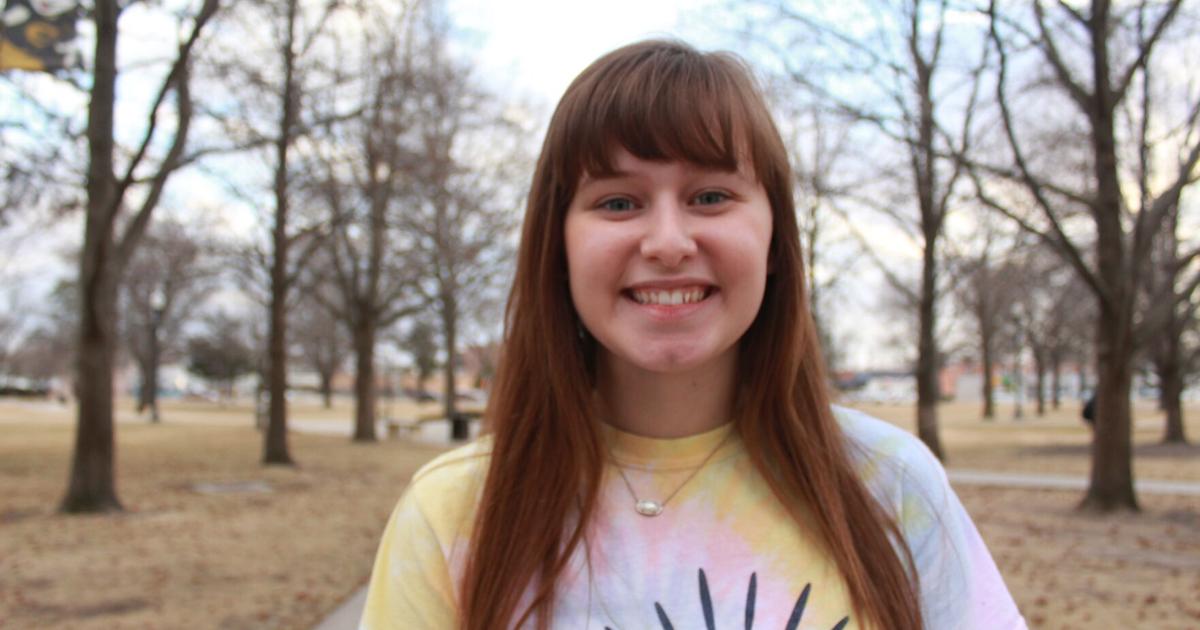OPINION: Health insurance should be available to all students, including lower class – The Bulletin

Imagine youâre a college student going about your day just as any other. Perhaps you stopped by Starbucks on your way back from class, or maybe you are heading back to your dorm room for that long awaited nap.
But before you get there, you start to feel unwell. As the time passes, you begin to realize this is more than just a cold or the stomach flu. This is a pain that calls for a visit to the emergency room. You consider going but one thing is holding you back: You donât have health insurance.
This is the reality for 14.4%of Americans aged 19 to 25 in the United States, according to the U.S. Census Bureau survey taken in 2020. This statistic shows that this age range has had the highest number of people living without coverage.
Unfortunately, I am one of these people. Since the age of about 12, I have been on government administered health insurance through a program known as Kan Care. This was insurance that my parents applied for in order to keep me healthy because they couldnât afford others.
This insurance helped me to get check-ups, dentist appointments, vision checks and so much more. However, when children who receive these benefits reach the age of 19, they are no longer eligible to receive coverage.
This also just so happens to be around the same time that a freshman college student begins their journey in higher education.
As I began to navigate college as a first-generation college student, I was overwhelmed by expenses. Car payments, car insurance, tuition payments, textbooks and other fees were on my mind. The only problem was that I was still missing health insurance.
I started looking for resources. Thankfully, the Emporia State Student Wellness Center allows for students to get check-ups for only $5. Even better, they offer five free counseling sessions per semester.
This is what has kept me physically and mentally healthy for the past year. However, I canât help but worry about what I will do if something more serious happens to me that needs more attention than what the Wellness Center can offer. Health insurance plans offered by ESU through United Healthcare provide only one health insurance option for undergraduate students. The price of this insurance is ap-proximately $1,600 per semester.
Because of this, I began re-searching other health insurance options. As I did my research, I quickly discovered that even with two part-time jobs I would barely be able to afford the cheapest plans which were almost the same amount as the ones offered through United Healthcare.
I was running out of options. I decided to see if I would be eligible to apply for KanCare again as an adult. I applied twice and was denied twice. I was devastated. I thought that, considering my independent status and low income, I would be able to get assistance.
After opening the letter, I looked for the reason I was denied. Due to the fact that I am not pregnant, have a dependent or am disabled, I am not eligible.
Those who have witnessed the cycle of poverty know that it can be an extremely difficult one to breakout of. Itâs easy to feel frustrated in this position because those who are raised in middle to upper-class families donât usually experience this struggle.
Individuals not using KanCare are allowed to stay on their parents medical insurance until the age of 26, according to the Kansas Insurance Department. Therefore, I will have the financial stress of health insurance seven years prior to many of my middle to upper-class friends.
Denying young adults health insurance benefits strictly because they have âaged outâ sets them up for failure. Many of us are working to achieve what our parents couldnât and that begins with having our basic needs met before anything else can be accomplished.
Nobody should have to worry about staying healthy long enough to avoid a hospital or hesitating during an emergency




